Viadrina Debate opens the semester with an exciting discussion about AI and power shifts
The Viadrina kicked off the new semester with a premiere on 15 October 2025: the launch of the new Viadrina Debate series attracted around 250 interested people to the Audimax. Under the title "Shifting power through AI: who benefits, who loses?", the discussion offered a lively platform for dialogue between academics, students and the public.
"Science does not only have an impact in lecture halls, but also where it is discussed in public," said Viadrina President Prof Dr. Eduard Mühle in his welcoming address. He opened the debate with an emphatic appeal: "Universities have a special responsibility to take a critical look at developments in artificial intelligence and make this knowledge accessible."
This is exactly what the Viadrina Debate experts - Prof Dr. Lena Ulbricht (political scientist and technology specialist at the University of Hildesheim), Alexandra Wudel (co-founder and managing director of FemAI) and Prof Dr. Philipp Hacker (legal scholar and AI expert at Viadrina) - do every day. During the panel discussion, they talked about the effects, risks and opportunities of artificial intelligence in the world of work, business, science and society. They discussed the fact that while AI enables efficiency gains in certain sectors and offers new opportunities, it can also increase concentrations of power and potential inequalities. "The technology is being driven by a few companies and minds, and that worries me," explained Alexandra Wudel.
Picture gallery
Society's perceived powerlessness in the face of AI technologies, which also came up in some questions from the audience, was strongly linked to the lack of transparency within AI. "What do we even see, what is hidden?" asked Alexandra Wudel, emphasising that it is important to maintain control and a critical distance. "We are the drivers, the AI is the passenger," Wudel continued.
Lena Ulbricht emphasised a positive effect of the current discourse surrounding AI. "AI is a kind of debate machine," she said, picking up on an example: "Since ChatGPT, educational institutions have been discussing what is actually being measured - we haven't had this question for a long time." It is very productive to deal with this topic: What is the purpose of university? What do we measure and what is a certificate for? "The standard ways of awarding grades are currently very shaky," Ulbricht stated.In a lively exchange between the panel and guests, many other questions from the audience centred on topics such as the added value of AI, creativity and AI, combating social inequalities through AI and AI in schools. In conclusion, Philipp Hacker summed up the benefits of every good academic debate by adding more questions and referred to the continuation of the successful start of the Viadrina Debate at the beginning of the coming summer semester in April 2026. Incidentally, what AI cannot do is eat canapés, Hacker added humorously and led on to the convivial finale in the foyer of the Audimax.Ulrike Polley (translated with DeepL)
Back to the news portal
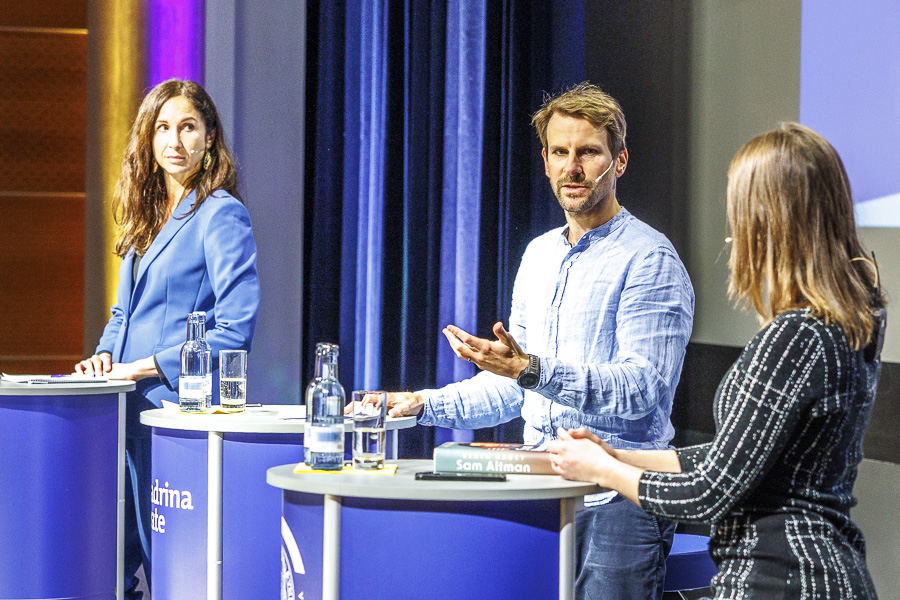
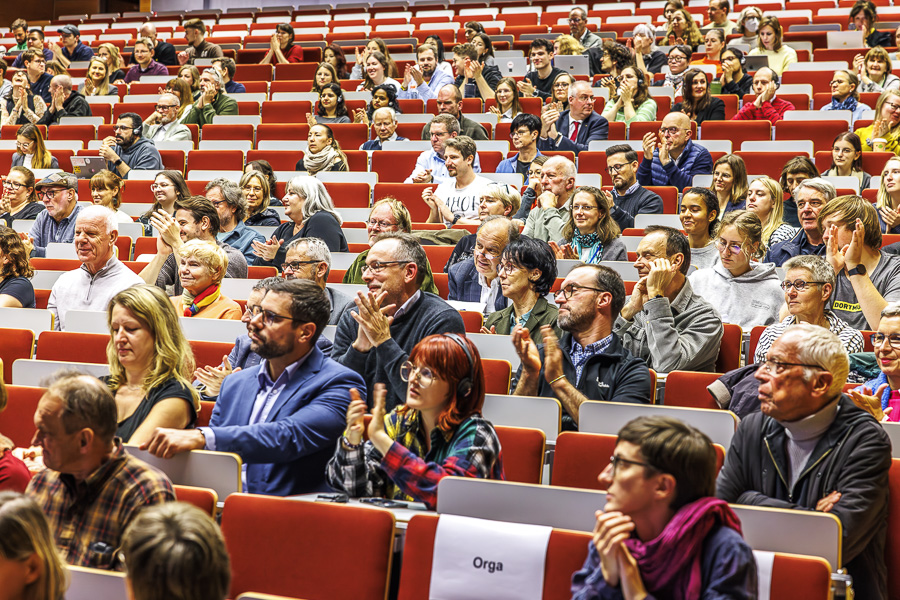
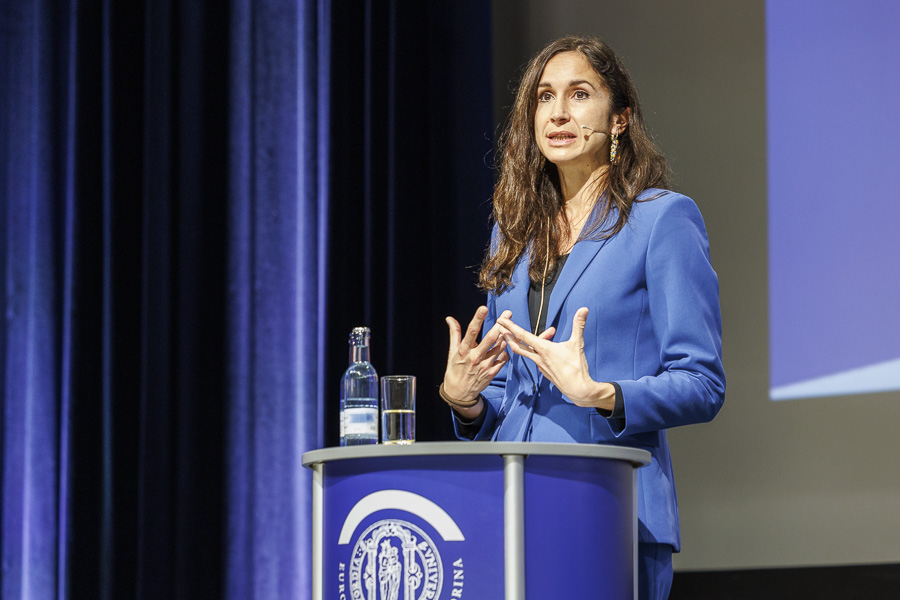
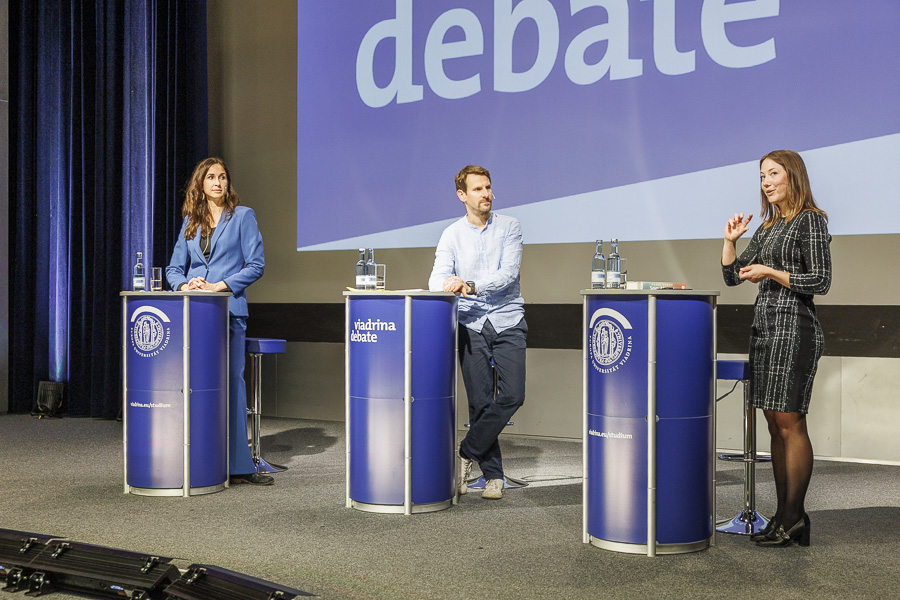
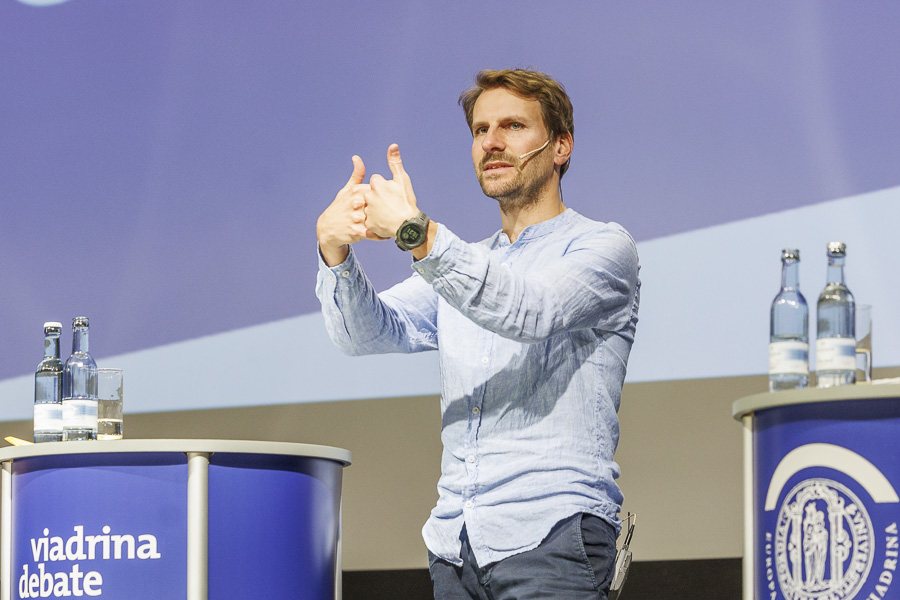
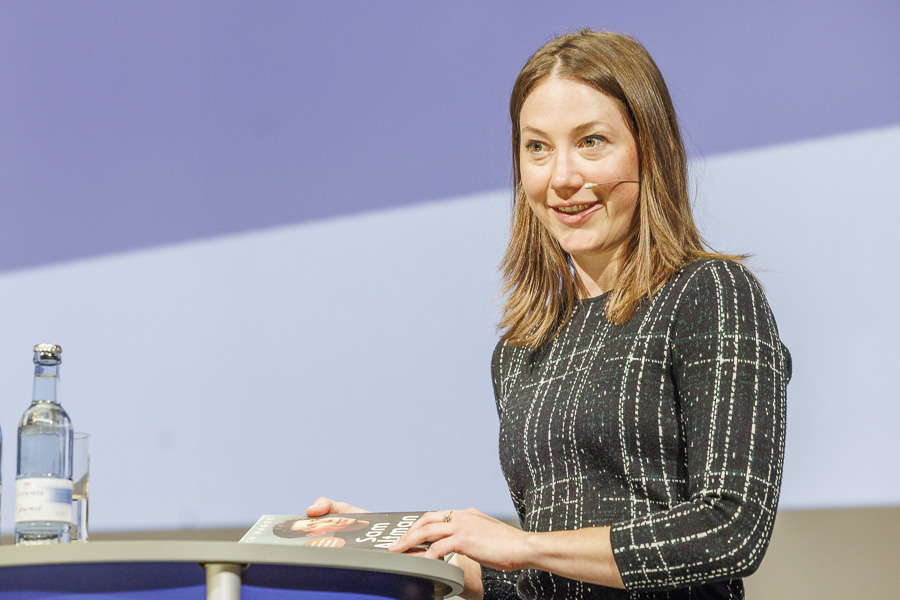
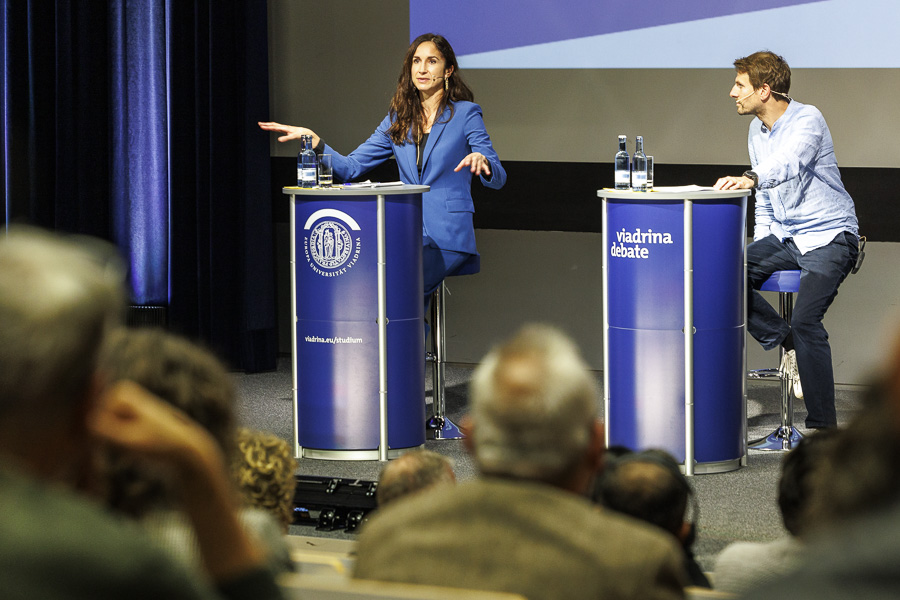
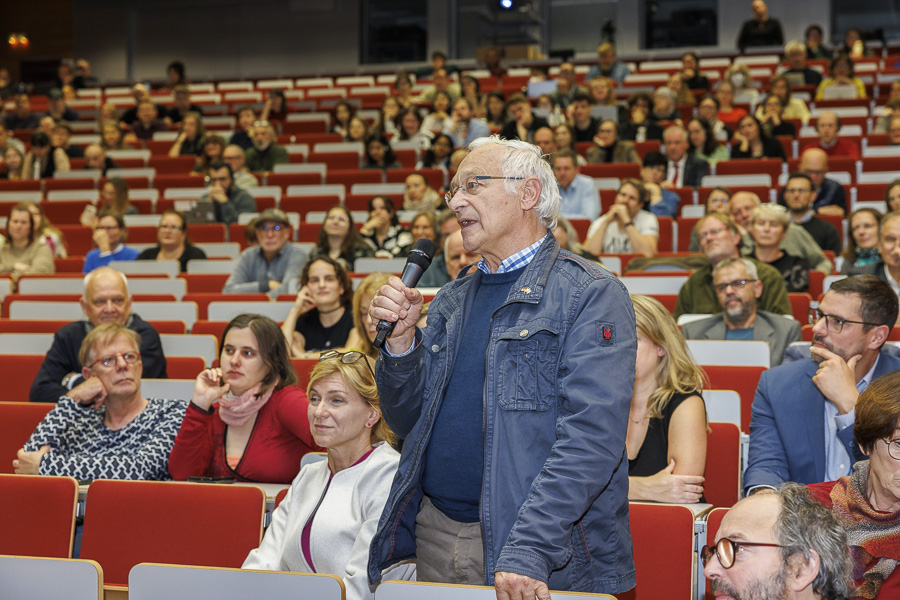
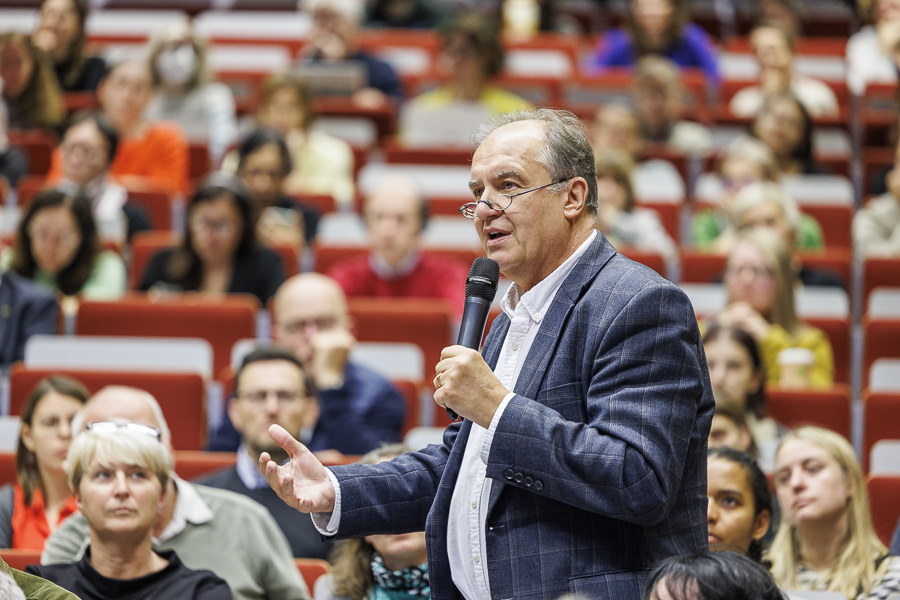
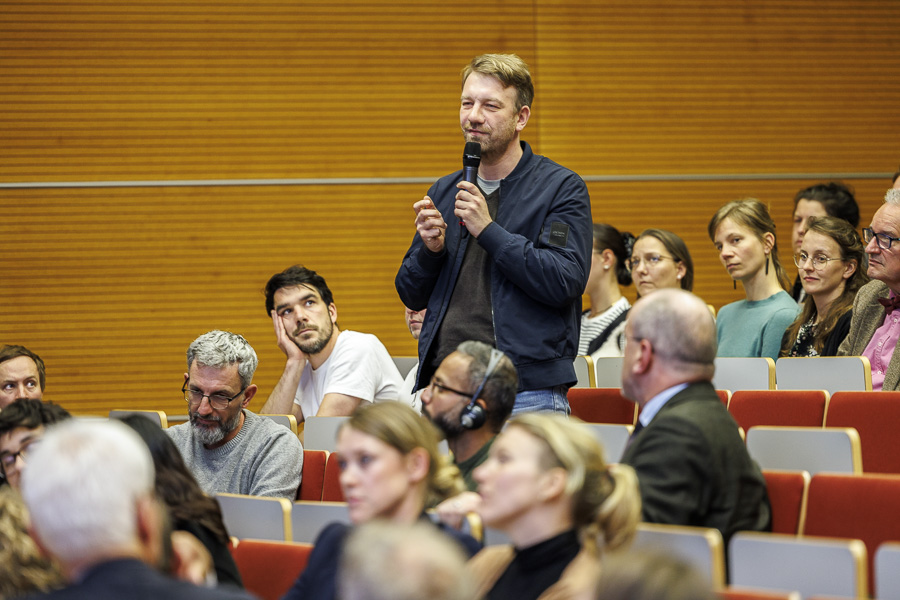
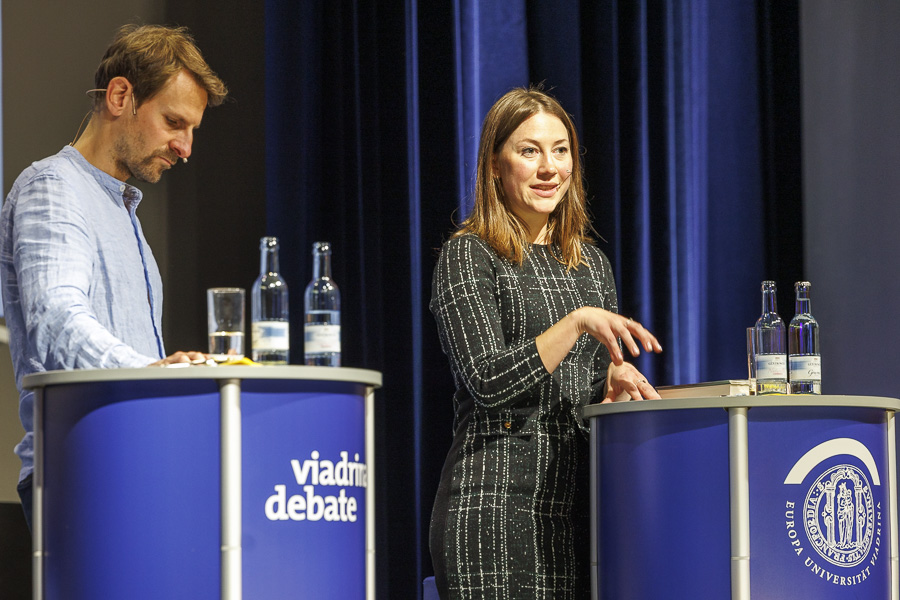
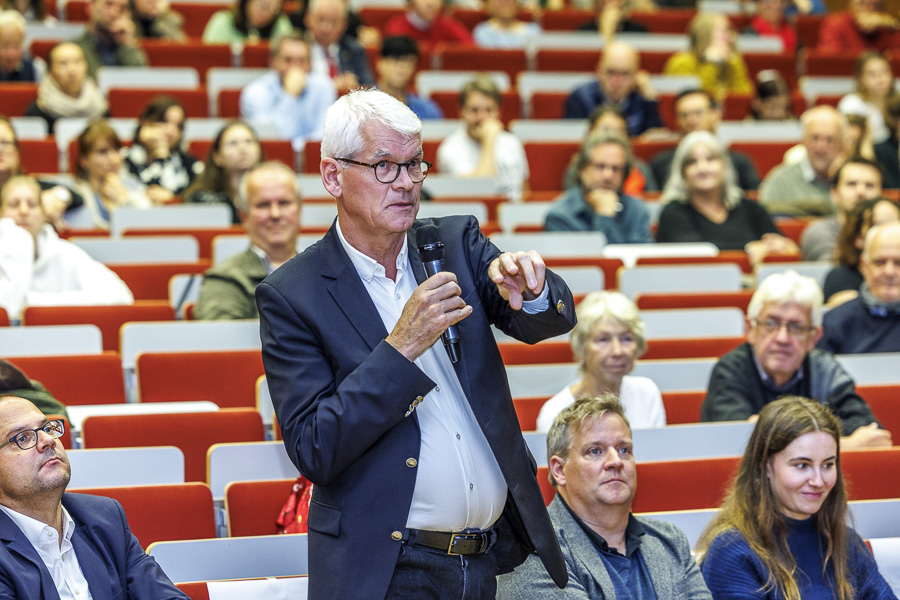
Share article: